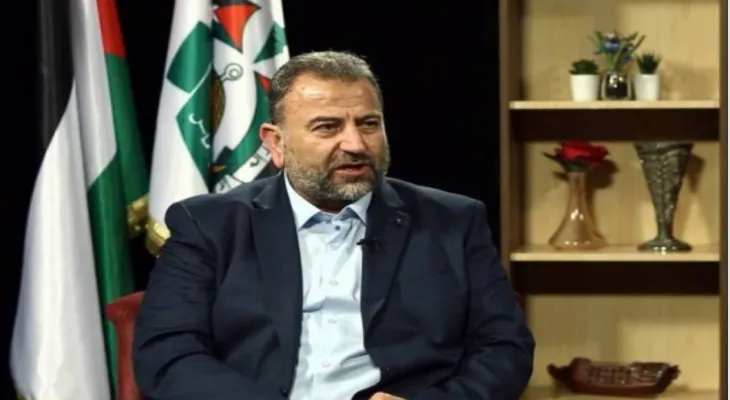Search here
Newspaper
Search here

Arab Canada News
News

Published: March 21, 2024
The Lebanese newspaper "Al-Akhbar" reported that "an Israeli espionage network in Lebanon has been uncovered."
According to the report, two individuals arrested in connection with the case provided Israel with details about several areas, including Beirut and the suburbs: streets, buildings, store names, and information about passersby.
The report comes against the backdrop of publications in Lebanon stating that Hezbollah deployed its forces today "in an unprecedented manner" in the Dahiyeh area of Beirut.
Uncovering the Espionage Network
The newspaper report stated: "A mere coincidence led to the uncovering of one of the most dangerous espionage networks working for the Israeli enemy. In late December, members of the Speaker of the House of Representatives' Guard patrol became suspicious of a car cruising around the Speaker's headquarters in Ain el-Tineh in Beirut. After stopping the car and its driver, an advanced electronic device and phones containing dozens of videos resembling a comprehensive survey of the area were found in his possession."
It continued: "The detainee was handed over to the Information Branch of the Internal Security Forces to begin investigations that revealed (suspicion of dealing with Israel) in a technically unprecedented manner in terms of its danger. The accused received $200,000 for this task, which is also an unprecedented sum in cases of collaboration with the enemy."
A Comprehensive Survey of the Southern Suburbs in Beirut
The report continued: "The most significant indicator of the seriousness of what was done. He, along with the other accused, both experts in computer engineering and communications, provided a fake American company, which is most likely a front for Israeli intelligence, with a comprehensive survey of a large number of areas, including Beirut and the southern suburbs, complementing the survey conducted daily on the ground by the enemy's drones for various areas. Practically, the detainees provided the enemy with an 'exact replica' of these areas, including streets, buildings, store names, parked and moving cars, their plate numbers, and faces of passersby (56,000 high-quality photos were found on one of their phones)."
It continued: "The most serious aspect is the technical espionage carried out by the detainees, using highly advanced equipment equipped with a wireless frequency scanning system related to internet service providers and access point addresses located in homes, institutions, and public places, facilitating the geographic location of the user. In other words, the detainees obtained the name of every 'Wi-Fi' device in the surveyed areas, along with its password, enabling the location of any cell phone user once their phone connects to the internet service provider."
The Assassination of Saleh Al-Arouri
The report stated: "Knowing that the enemy, in the ongoing war, used this technology to locate resistance members as soon as their phones connect to the 'Wi-Fi' network, investigations revealed that one of the detainees conducted a survey on a street in the southern suburbs, opposite the apartment where the Deputy Head of Hamas Movement Sheikh Saleh Al-Arouri was assassinated on January 2. The survey was conducted about two weeks before the assassination."
It added: "Although the detainees denied before the investigating judge any prior knowledge that the company that employed them was Israeli, they admitted that what was asked of them was unrelated to the contract made with the company to work on a virtual tourism development project. They acknowledged that the data and information they provided to the company were of a sensitive nature, and one of them said what was requested of them could only be for the benefit of an intelligence agency. The data they provided to the alleged American company enabled the creation of a 'security surveillance system' in all areas, allowing the owner to locate anyone at any time."
Comments